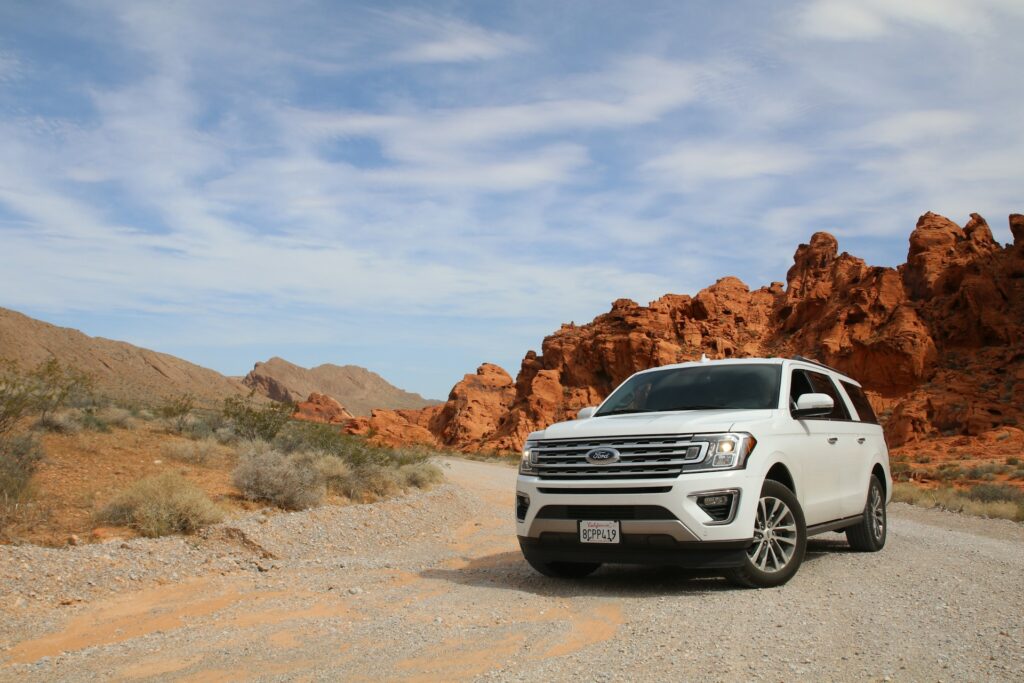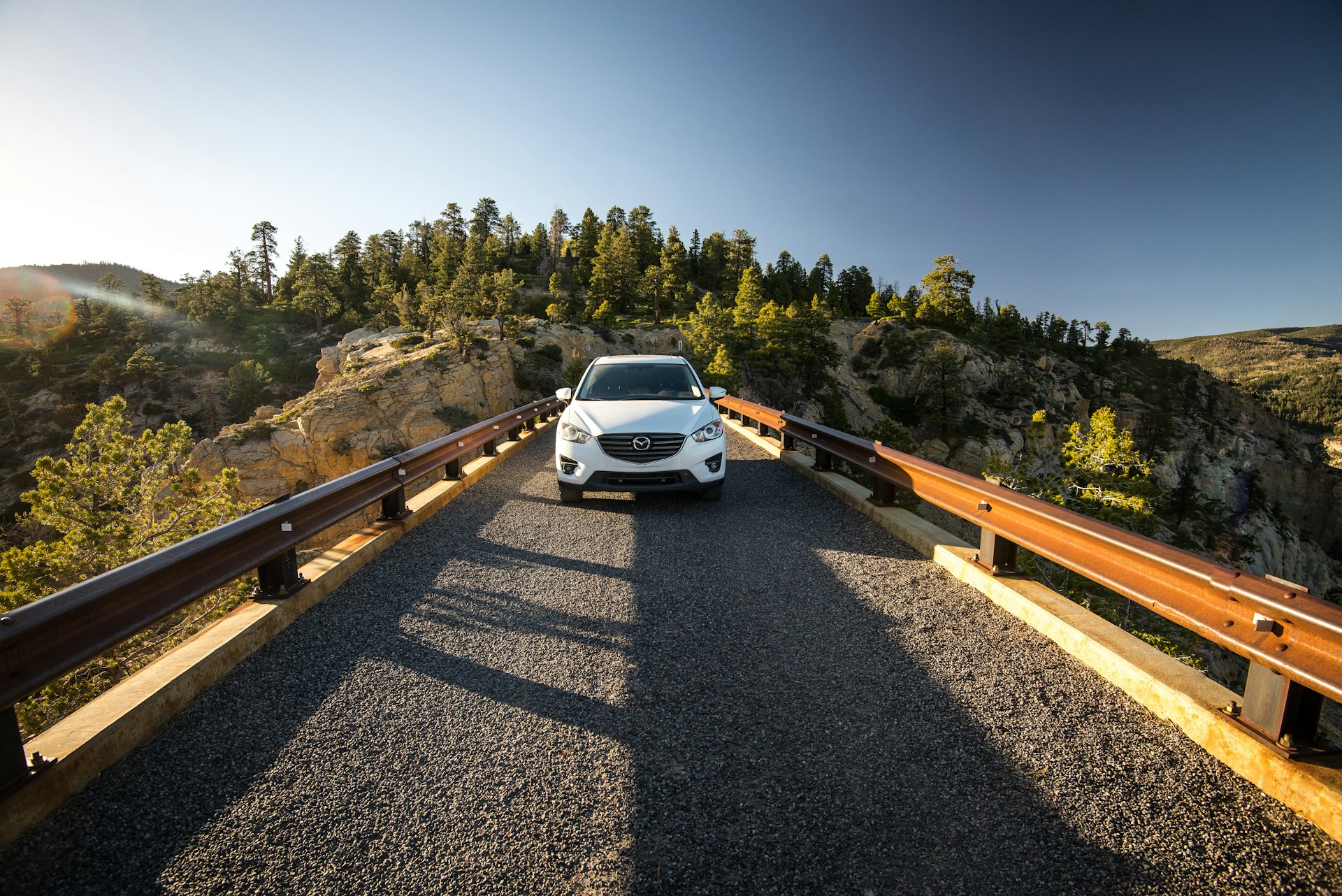
We all love snapping up a bargain. When it comes to bigger ticket items like cars, we like it even more! When it comes to used cars, we can almost certainly slide into the driver’s seat of a great car for well below the cost of a factory fresh one. It may be a few years old – but in this day and age, you get most of the bells and whistles newer ones have at a fraction of the cost. So, how do you save money when buying a used car? Here’s how to ensure you always drive away with more money in your pocket.
Set A Budget
This is the biggest pitfall when it comes to buying cars – if you don’t have a budget, how do you know if you’ve spent too much? Figure out how much you can afford. Then, use this to establish what you need your car to have versus what you want. Needs should be prioritized by 80% over wants. With this in mind, you’ll be hard-pressed to spend out of your comfort zone, which brings us to our next point – using finance to get a bargain.
Getting Finance As Your Advantage
You should use the following as your used car finance checklist. First, check your credit score. If it’s not great, find out why by ordering a full credit report. As a general rule, having some measure of deposit can also work in your favor in terms of reducing the interest paid overall and being a safe bet with lenders. You should look into a specialist car loan broker and ask for car loan pre-approval. This means going through the application process before you buy, and the lender gives you the option to look for a car for about a month or two. At that time, you will be given a pre-approval amount.

This is the maximum you can buy a car for. It gives you two advantages. One with dealers: they need to meet your price, or you walk. (They hate that.) Two, with private sellers: you are a serious buyer and not just a “tire kicker.” Either way, they are usually more willing to work with your price than the other way around. Use that to your advantage.
Timing Your Purchase
Approaching dealers during runouts, which are held at the end of each financial and calendar year, can help you find real bargains. Used cars take up space, which dealers could better use to showcase new vehicles. Barring that, talking to dealers during the final week of the month also gives you leverage as they look to shore up quotas and bolster their commissions.
What To Look For – And Avoid
If you are engaging a private seller, the first question you should ask is why they are selling. If it’s to upgrade or to offload, that’s a decent reason. If they’re cagey, walk away. You should also walk away if they are reluctant to share the logbook and service history/RWC with you, the VIN, or a test drive. You should be able to see these and check the former two for authentication purposes and the latter to see if it’s a good fit – and it handles and drives in satisfactory

condition. Before you buy, you should also order a vehicle history report so you aren’t buying something written off or stolen.
With this in mind, you could save a bundle on your used car!










